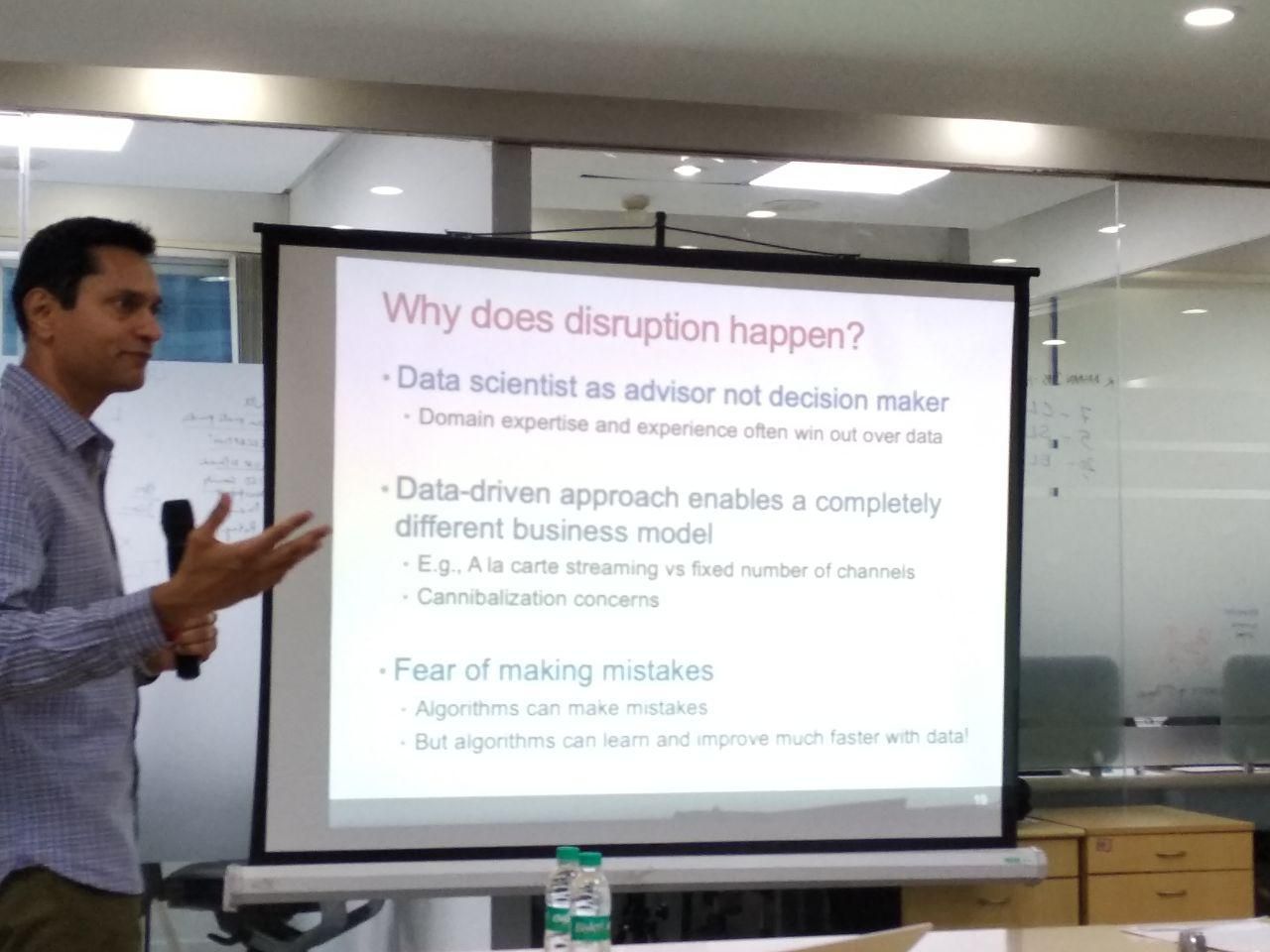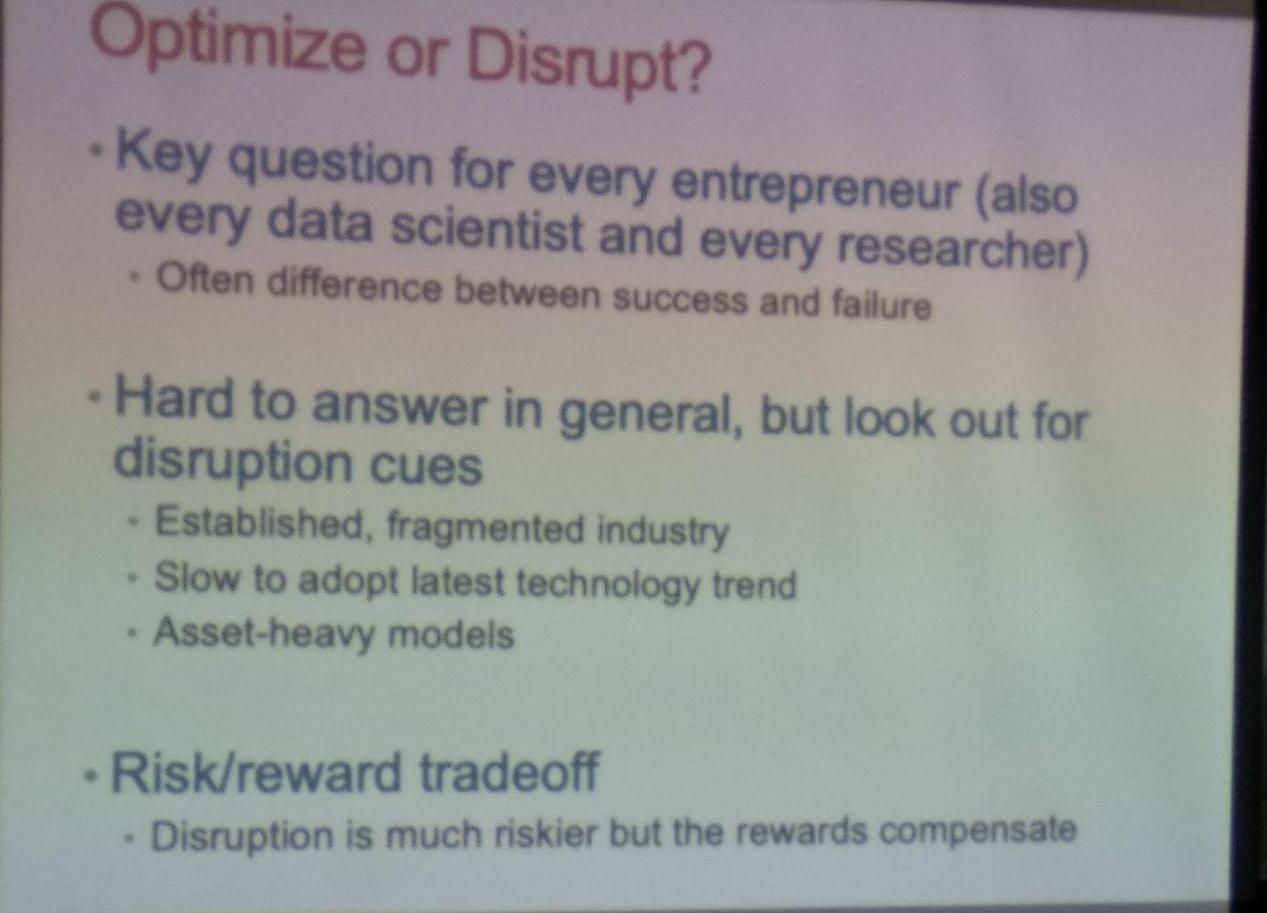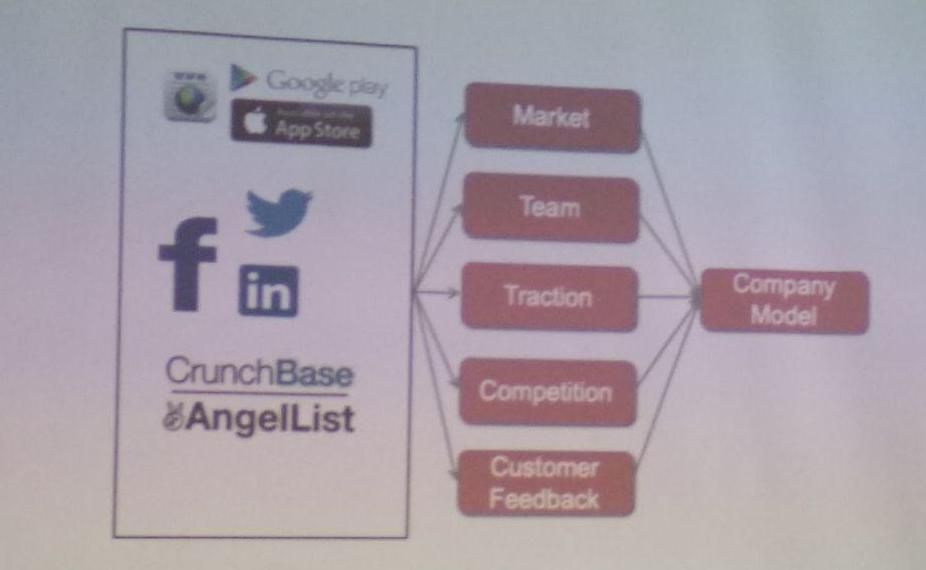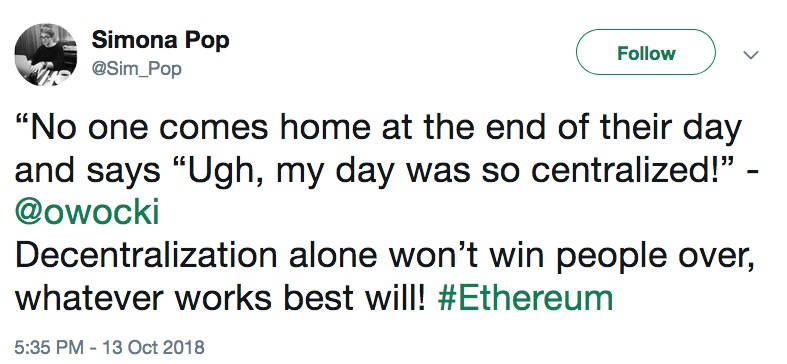I often find myself discussing with friends about decentralization and its benefits. Somehow people believe that decentralization is inherently good. Most of us have a meme of evil corp in our mind - and anything which gives us hope of taking down these evil corps seems quite appealing. Most of us hate how these evil corps like Google, FB, Uber, etc. make a huge profit - and potentially by selling our data/time as their key offering.
So something which can bring down these evil corps is good, right?
Well, the point is that good and bad are just moral standpoints, and society ultimately rewards efficiency.
The general argument is that a decentralised organization needs much less administrative cost as people are aligned based on the incentive structure. So, less number of employees for marketing, administration, etc. and hence lower cost in employee expenses. Also, decentralised orgs don't have a profit motive, so all the value created is distributed in the network.
All this is fine, but we need to ask what are we losing when we remove all these people who essentially help in coordination? Let's examine in more detail.
Let's take the example of Uber.
The Ops people in Uber ensure that there are enough driver partners on board before launching in a city.
The Marketing people make customers aware that Uber is getting launched in a city. When Uber is already launched in a city, they keep running campaigns to keep Uber at the top of the mind of people, so that they book an Uber whenever the need a cab.
The Customer Success team responds to customer queries and complains. If someone was wrongly charged or they lost something in the Uber, they can dial up customer care to register their issue. These people then follow up on that complain to ensure that it is resolved.
Support for driver partners ensures that they are well trained on etiquettes, traffic rules, etc. so that a minimum standard is maintained when someone starts driving in the Uber network.
Folks in legal and regulatory department handle any issues which regulatory agencies may have. They communicate with the govt. and policy-making bodies to apprise them of their business and the value it can bring to the people.
Product people and developers develop and maintain quality mobile apps which work in different network conditions, phone type, etc.
So, apart from the customers and drivers, there are many types of people which form a marketplace company like Uber.
Now, let's see how will these functions work for a decentralised version of Uber - dUber (in lines of dApp)
For simplicity, dUber issues a dUber ERC20 token (The primary construct will remain similar if it's a native cryptocurrency, the gas cost will be replaced by miner fees, or something similar)
So, to bootstrap the network - dUber premines dUber token and issues some in ICO to raise initial funding.
A part of the funding is used to pay developers to get the product made and released - of course in open source. The ICO is run by a team which would say be a foundation with some dUber tokens. They are paid partly in dUber token so the incentives are aligned.
Marketing - For marketing, suppose dUber air drops the tokens to customers. These effectively act as initial free use cards which even traditional startups use.
But wait, who will ensure that there is enough number of cars on the street on dUber? So, somebody needs to introduce this dUber app to the drivers. They can't be just expected to start taking rides through dUber. They need to be handheld.
Ok, so let's say we have a smaaalll team to do ops before launching in a city.
Fine. But still much better than the evil Uber, right?
Wait. What if a rider is charged wrongly for a ride? Or what if he accidentally forgets phone in the car? Who should he call in dUber? Remember, there is no company running it.
Hmm.. maybe we will have few people in call centers to address such queries. But if its a decentralised dUber, will they have a database of which car was last used by this customer? I doubt so. What to do then? Well may be read it from the payment history in the Ethreum blockchain. After all, the driver would have been paid in dUber tokens.
Ok. We can do that. But does the call center guy have the phone number of the driver? Why should dUber maintain a database of phone numbers of drivers? May be it does need to?
Or just warn the riders that you are solely responsible for your belongings. And if you forget anything, dUber can't do anything. After all, we are a decentralised org, for christ's shake.
I wonder how many people will then ride on dUber.
(As a side note : This is exactly what happens when you story crypto tokens in your wallet. You are scared shitless by the wallets that they won't be able to do anything if you lose your private key. This is drilled in your mind again and again. The fact that some people still go through them, is either a miracle or a testimony of what people can do when they are promised riches.)
dUber can decide to have phone numbers of the drivers. But, who ensures that criminals don't start driving on dUber? Well, they need to be vetted by someone. Someone needs to see their ID and work history, and only after that, they can start working as a driver. All these processes need people. Somebody who can be held accountable and punished if needed.
Of course, you can say that this can be done through reputation systems where multiple oracles can push data about the reliability of the driver. But again, running these reputation systems cost money - the oracles need to be incentivised in the right way. Also, there is always a danger of collusion.
I am not saying that a decentralised Uber is not possible. Of course, it is possible. I am only questioning if it would be more efficient than the centralised Uber. Once we start providing services and facilities which are available in today's centralised version of Uber, will the decentralised version turn out to be costlier?
If it's costlier, what is the new feature we are gaining out of it, by running Uber in a decentralised way. For the case of money, e.g. Bitcoin, Bitcoin has a very unique property which none of the fiat currencies can provide. It is censorship resistant. No government can control it. It is really owned by the person having the private key. As a by-product, it is also free from the whims of central bankers who can start printing money and devalue the currency whenever they want.
So, what unique features does a decentralised Uber provides?
In economic theory, there is a concept of the Theory of the Firm. One of the key questions in it is that of why do firms emerge? Why are not all transactions in the economy mediated over the market?
One of the best frameworks to analyse this is the transaction cost theory. According to Ronald Coase, people begin to organise their production in firms when the transaction cost of coordinating production through the market exchange, given imperfect information, is greater than within the firm.
This is what Wikipedia has to say about this.
For Coase the main reason to establish a firm is to avoid some of the transaction costs of using the price mechanism. These include discovering relevant prices (which can be reduced but not eliminated by purchasing this information through specialists), as well as the costs of negotiating and writing enforceable contracts for each transaction (which can be large if there is uncertainty).
Moreover, contracts in an uncertain world will necessarily be incomplete and have to be frequently re-negotiated. The costs of haggling about division of surplus, particularly if there is asymmetric information and asset specificity, may be considerable.
So, there a reason why firms do exist, and the primary way they are structured today is in hierarchical structures. The decentralised world in which we think individuals can act as rational actors in a market increases the coordination and transaction costs.
This post has already been longer than expected, so I will conclude Part 1 here.
In part 2, I get into the theoretical underpinnings of decentralisation and centralisation and discuss reasons why centralization may naturally emerge.
 Why does Disruption happen?
Another key question which Anand urged the audience to think about was: Whether they should use data to optimize existing products or create completely new disruptors? Though there is a scope for both types of innovation, he advocated thinking about disrupting existing business models by new ways of using data. For example, rather than using AI to optimize revenue for hospitals, can AI and data be used to create a new type of hospitals?
Why does Disruption happen?
Another key question which Anand urged the audience to think about was: Whether they should use data to optimize existing products or create completely new disruptors? Though there is a scope for both types of innovation, he advocated thinking about disrupting existing business models by new ways of using data. For example, rather than using AI to optimize revenue for hospitals, can AI and data be used to create a new type of hospitals?  Optimize or Disrupt?
Anand also practises what he preaches. In his current firm
Optimize or Disrupt?
Anand also practises what he preaches. In his current firm  Rocketship.vc Company Model
Though using data objectively in itself is an art. You can use the same data to tell different stories and succumb to the confirmation biases. The key is to have mechanisms to keep such biases in check and let the data tell the story rather than use data to confirm your story.
Rocketship.vc Company Model
Though using data objectively in itself is an art. You can use the same data to tell different stories and succumb to the confirmation biases. The key is to have mechanisms to keep such biases in check and let the data tell the story rather than use data to confirm your story.
